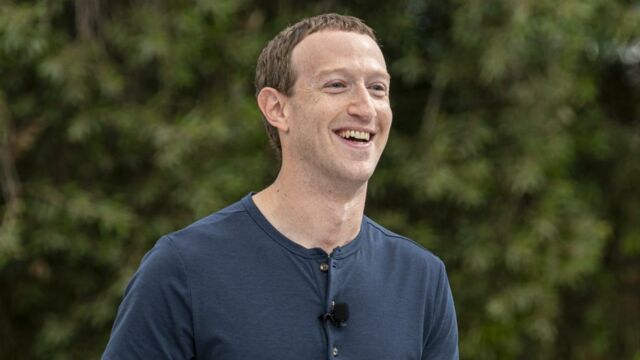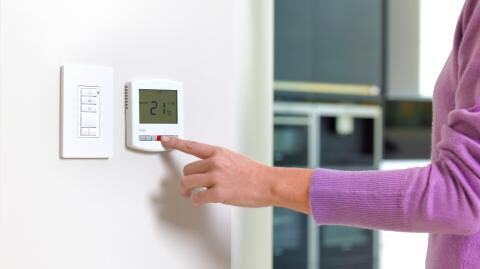Mark Zuckerberg is one of the richest individuals on the planet. The Facebook founder is now worth close to $165 billion and seems to be putting that money to good use as he is now building a $270 million property in Hawaii. The project, which started when Zuckerberg began to buy land on the island of Kauai in 2014, is shrouded in mystery; no one involved is allowed to discuss the details of what they’ve been working on. There are reports of very strict NDAs barring everyone from discussing the details of their work, including with other teams on the same project.
Discover our latest podcast
A $270 million secret personal sanctuary
According to Wired 'the property will be built around two mansions connected by a tunnel that branches off into a 5,000-square-foot underground shelter, featuring living space, a mechanical room, and an escape hatch that can be accessed via a ladder’. The underground shelter’s door will be made of metal and filled with concrete which is a technique popular in bunkers and bomb shelters. It is very clear that the property will be different to your typical celebrity lavish home. Zuckerberg aims to create a fully self-sustaining compound complete with its own food and water supplies, industrial-sized kitchen, full-size gym, pools, sauna, hot tub, cold plunge and tennis court. It appears as though Zuckerberg sees Hawaii as more than just a vacation destination, according to Brandi Hoffine Bar, spokesperson for Mark Zuckerberg and Priscilla Chan stated that Zuckerberg and his wife and their children view Koolau Ranch as their home.
This means that the 73,000-person population should expect to have Mark Zuckerberg as a fixture in their community for better or worse.
Zuckerbeg's aggressive land acquisition
Zuckerberg’s Ranch journey began in 2014 and required navigating a meticulous land acquisition process. The billionaire created shell companies and began buying land through them. Making the acquisitions through LLCs protects Zuckerberg from any liability. The enormous scope of the real estate project required purchasing multiple plots and connecting them. Some of this land is ancestral land owned by descendants of the original owners, acquiring these requires a bit of finesse to not attract negative attention. Zuckerberg ended up facing backlash anyway when he sued a few owners with parcels inside the compound because he didn’t want them legally entering his property to access theirs.
He gave them a choice of either selling or bidding for their land in auction. Zuckerberg withdrew the lawsuits in 2017 after they became public. However, this was only one instance of many where the tech mogul opted for more aggressive strategies in his pursuit of the ultimate insulation from the world. There are even rumours of him financially backing a community member to circumvent the bad press that came from more aggressive strategies and utilised layers of corporate entities to acquire the land when it was put in an auction.
The local community went as far as creating a petition to ‘stop Mark Zuckerberg from colonising Hawaii' which lends to a bigger conversation about foreigners moving to the tropical island, raising the cost of living for the locals who end up having no choice but to leave their homes.
Read more:
⋙ Pierce Brosnan tried to sell mansion that was recently broken into for $100M
⋙ Prince Harry and Meghan may be replacing $14m home with something even more expensive
⋙ Pippa Middleton: Here's what's inside her £15 million mansion
Sources:
Wired: Inside Mark Zuckerberg’s Top-Secret Hawaii Compound
Yahoo: Mark Zuckerberg sparks outrage with plan for multimillion-dollar Hawaiian compound: ‘There’s cameras everywhere’















